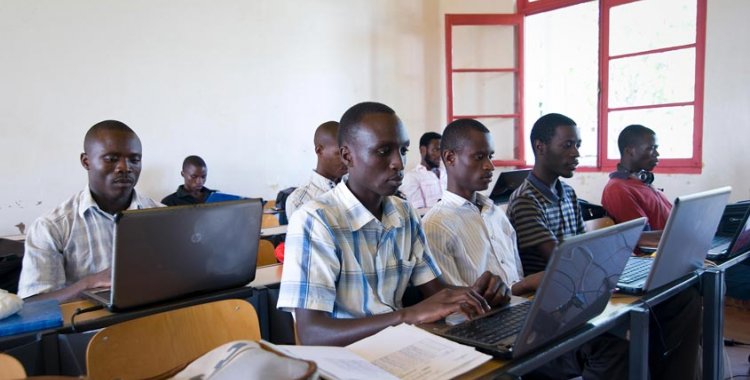"This is a process that has to be properly prepared, it is costly, it is also necessary to guarantee the financial resources to cover the expenses inherent to the evaluation process, but we will not stop, because it is the condition for institutions to reach quality levels and that from there they can be included in the 'rankings' of the best institutions", Eugênio Silva told TPA.
The government official stressed that the third round will cover engineering and technology courses and added that the quality of teaching can only be qualified through "serious, consistent, rules-based" evaluation processes, further stressing that "so far public opinion is that the quality of higher education in Angola is not good".
Eugénio Silva said that the evaluation has already been carried out with the medicine and health sciences courses, with which it was possible to establish a framework regarding quality.
"Of the 58 institutions evaluated, which have medicine and health sciences courses, 145 courses were evaluated, nine of which were medicine, of which three were accredited, that is, they were evaluated positively because they correspond to minimum standards, and six courses were not accredited , because they are below acceptable standards", he stressed.
Of the 145 courses evaluated, 83 were failed, with the admission of new students being suspended for a period of one year, said Eugénio Silva.
According to Eugênio Silva, the process "takes time", stressing that the State is investing in improving infrastructural conditions and equipment, an important factor in improving quality, as well as looking at the qualification of teachers, in addition to greater demands in the selection of candidates entering higher education.
Eugénio Silva said that there is an infrastructure requalification plan for all public higher education institutions, through financing, and it is expected that by 2027 they will be provided with "dignified infrastructure that can provide a favorable learning environment and that contributes to improving quality of training".
For non-accredited courses, the temporary admission of new students was suspended for a period of one year, so that institutions can implement an improvement plan, to be monitored by the National Institute for Assessment, Accreditation and Recognition of Higher Education Studies.
"Students who are already attending these courses will continue attending the courses and will benefit from the improvements that will be made through their plans that the institutions have approved. The fact is that this year there will be no intake of new students to allow the institutions take care of what you already have and manage to improve conditions", he said.
To make up for the reduction in places on suspended courses, availability was increased in some public and private institutions.
Eugénio Silva considered that this measure, which generated some dissatisfaction in Angolan society, is preferable to ensure that next year institutions can have better conditions, "than continuing to sacrifice generations and generations of graduates, who leave with weaknesses in their training".
The government official reiterated that it is preferable that there not be the same number of graduates in medicine and health sciences as usual, rather than witnessing the "training of new cadres with weaknesses".
"This is an exercise to resolve this situation", said Eugénio Silva, stressing that, after the defined period, institutions will have to request a new assessment to check whether they managed to achieve the required standards.







